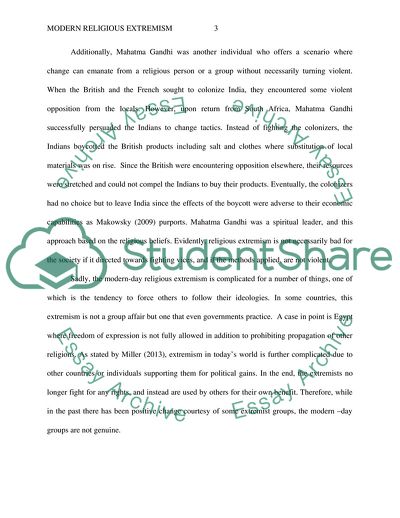Cite this document
(Modern Religious Extremism Essay Example | Topics and Well Written Essays - 2000 words, n.d.)
Modern Religious Extremism Essay Example | Topics and Well Written Essays - 2000 words. https://studentshare.org/sociology/1859171-modern-religious-extremism
Modern Religious Extremism Essay Example | Topics and Well Written Essays - 2000 words. https://studentshare.org/sociology/1859171-modern-religious-extremism
(Modern Religious Extremism Essay Example | Topics and Well Written Essays - 2000 Words)
Modern Religious Extremism Essay Example | Topics and Well Written Essays - 2000 Words. https://studentshare.org/sociology/1859171-modern-religious-extremism.
Modern Religious Extremism Essay Example | Topics and Well Written Essays - 2000 Words. https://studentshare.org/sociology/1859171-modern-religious-extremism.
“Modern Religious Extremism Essay Example | Topics and Well Written Essays - 2000 Words”. https://studentshare.org/sociology/1859171-modern-religious-extremism.


